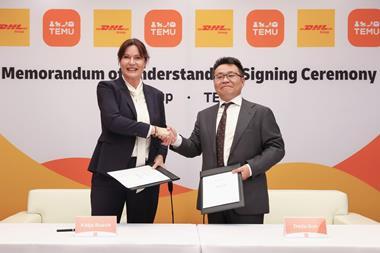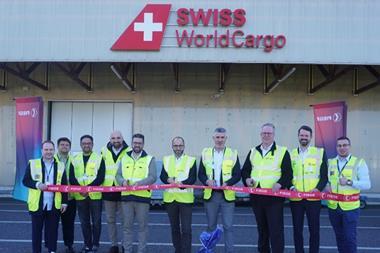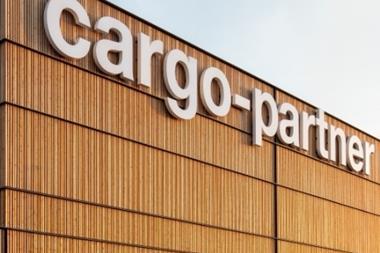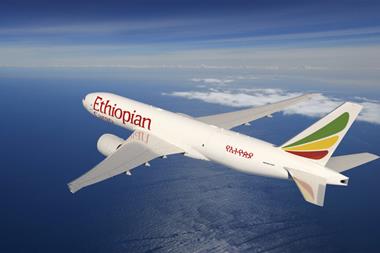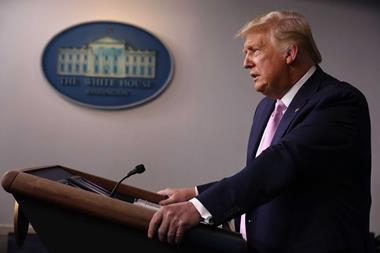UPS has unveiled a transformation strategy to handle a 40% surge in package revenues and a 28% increase in cross-border e-commerce volumes by 2022.
The growth programme for the US parcels and logistics giant includes continued capital investment in its global network at previously announced levels.
This will see new and renovated facilities as well as aircraft and fleet assets coming online "at record levels" during the next four years.
In 2018, 2019 and 2020, UPS will add 350,000-400,000 pieces per hour of sortation capacity in the US each year, which is about seven times the additional sortation capacity added in 2017 alone.
David Abney, UPS chairman and chief executive, said: “Today nearly 50% of our nearly 35m sorted packages per day are processed using our new more-automated facilities.
“When we complete this phase of our Global Smart Logistics Network enhancement by 2022, 100% of eligible volume in the US will be sorted using these new more highly automated sites.”
Abney added: “Transformation will lift our earnings, as we generate higher-quality revenue and use technology to increase operating efficiency and enhance customer service.
“UPS is transforming from a position of strength. We are implementing an enterprise-wide transformation that will enable and accelerate our enhanced business strategy.”
The company expects profitable expansion from both B2B and B2C e-commerce, as US industry package revenue is expected to grow by 40% from 2017 to 2022, and cross-border e-commerce volume is expected to grow by 28% over the next three years.
The express giant reported a 9.6% increase in total revenues for the 2018 second quarter to $17.4bn, operating profits declined by 13% to $1.8bn and net income was up by 7.3% to $1.5bn.
Seven new ‘super hub’ automated sortation facilities will be opened by 2022, with 30%-35% higher efficiency than comparable less-automated facilities.
More than 70 expansion projects will be implemented during the period. UPS will have completed 17 projects in 2018, in time for the peak holiday shipping season.
UPS has in the past two years “significantly increased” total international capacity, allocating much of the added volume to higher-margin export and premium services.
Intercontinental air express capacity has risen more than 10% as "new, higher capacity cargo jets" are added to the fleet. The company has placed orders for 28 Boeing 747-8Fs and four Boeing 767Fs within the past two years.
UPS has completed about two-thirds of its previously announced European network expansion and has opened new “super-hubs” in Paris and London, plus several other new sortation and delivery facilities throughout the region.
Abney continued: “Our transformation touches every part of the company. Most important, we are implementing changes that strengthen the ongoing core earnings power of the company.
“The savings we achieve will be reinvested in the company and its people, and will be used to reward shareowners. Our leadership team is collaborating to instill a continuous transformation culture and I am confident our plans will deliver higher levels of UPS profitability and shareowner returns.”





